In September 2024, Typhoon Yagi, one of the most severe storms to hit Vietnam in recent decades, caused extensive damage across 26 northern provinces and cities; claimed the lives of 345 people, destroyed the homes of more than 120,000 families, damaged more than 800 medical facilities and affected 3.6 million people. High winds, floods and landslides disrupted or destroyed many important infrastructures including roads, medical facilities and communications.
Representatives of UN agencies and Australian Government representatives took souvenir photos with people receiving reconstruction support after Typhoon Yagi in Lao Cai province.
To support the Government of Viet Nam’s response efforts, UN agencies and development partners have launched a joint response plan funded by the Australian Government to support humanitarian needs and early recovery, which will run until June 2025. The plan focuses on the most vulnerable groups, including the poor and near-poor, pregnant and lactating women, ethnic minority communities, children, older people, people with disabilities and displaced people in the worst-affected provinces of Cao Bang , Lao Cai and Yen Bai.
Over the past few days, representatives from the United Nations Children's Fund (UNICEF), the United Nations Population Fund (UNFPA), UN Women, the World Health Organization in Viet Nam (WHO) and the Australian Embassy in Ha Noi, along with officials from the Ministry of Health, have visited Bat Xat district to learn about how the aid provided under the UN plan has benefited the community, mainly the Hmong people.
Representatives of United Nations (UN) agencies along with representatives of the Australian Government visited a medical facility in Lao Cai province.
“Australia is proud to have responded quickly to Vietnam’s request for assistance, providing AUD 4 million in humanitarian assistance to support communities affected by Cyclone Yagi,” said Australian Deputy Ambassador to Vietnam Renee Deschamps. “We are focused on helping the most vulnerable groups, including women, children, ethnic minority communities and people with disabilities. We are committed to supporting sustainable recovery, so that communities can rebuild not only their homes but also their livelihoods, health and futures.”
Ms. Caroline Nyamayemombe, UN Women Representative in Viet Nam shared: “Due to gender barriers and inequalities, women are often the most affected group in disasters, facing higher risks of casualties, loss of jobs and livelihoods, as well as longer recovery processes. In response, UN Women has coordinated with the Lao Cai Provincial Women's Union to implement women-led preparedness and recovery initiatives, including cash transfers and livelihood restoration support for 600 disadvantaged women's households in 4 communes. At the same time, 12 safe spaces have been established to support women and girls' psychological recovery and enhance protection in areas affected by Typhoon Yagi and other climate-related disasters. Through a comprehensive approach that combines financial support, technical assistance and community capacity building, we aim to promote women's leadership in the post-disaster recovery process.” and ensure that no one is left behind".
“In the aftermath of Typhoon Yagi, the most vulnerable groups, including women, girls, older people and people with disabilities, have suffered the most. UNFPA stands with the Government of Viet Nam and partners to ensure that sexual and reproductive health services, prevention of gender-based violence and the protection of human dignity are not overlooked, even in times of crisis. Recovery must be inclusive, human rights-based and focused on those most in need,” said Matt Jackson, UNFPA Representative in Viet Nam.
“Seeing the impact our support has had in restoring and strengthening essential services for children and families affected by the storm, we realise that this would not have been possible without the invaluable support of partners like the Australian Government,” said UNICEF Child Protection Specialist Nguyen Thi Duyen. “We would like to extend our sincere thanks to all partners who have supported our response and continue to strengthen our long-term efforts, focusing on strengthening disaster preparedness and climate resilience. These efforts are vital to ensuring every child is protected from the impacts of climate disasters.”
“It is great to see first-hand how WHO is helping to restore essential health services and continue to monitor and monitor for outbreaks,” said Dr Angela Pratt, WHO Representative to Viet Nam. “This visit has given us a better understanding of the health needs of the community and we look forward to supporting them in any way we can. We are also focused on helping to strengthen the resilience of health facilities, as climate change will undoubtedly bring more extreme weather events in the future.”
It is understood that UN agencies will also use lessons learned from this visit to enhance multi-sectoral support to the Government and people of Vietnam in future emergencies.
Source: https://cand.com.vn/doi-song/dai-dien-lhq-tham-cong-dong-dan-cu-duoc-tai-thiet-sau-con-bao-yagi-i770750/


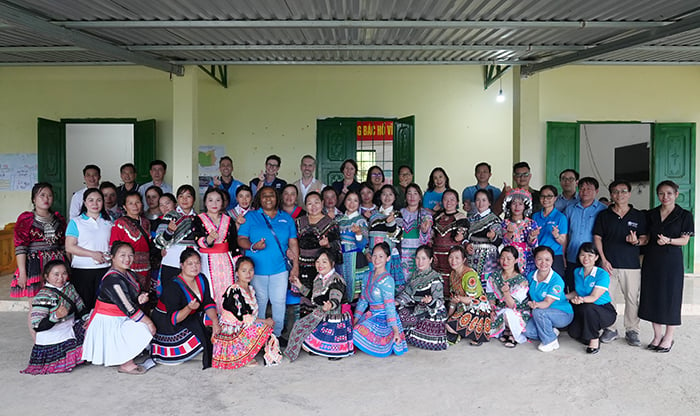







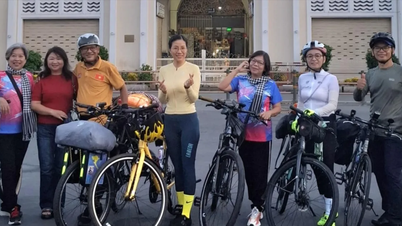





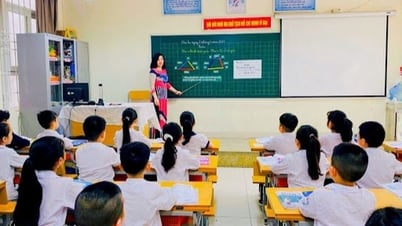








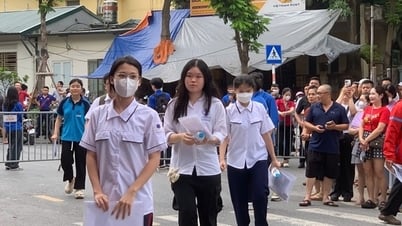
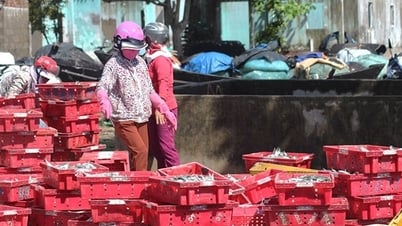


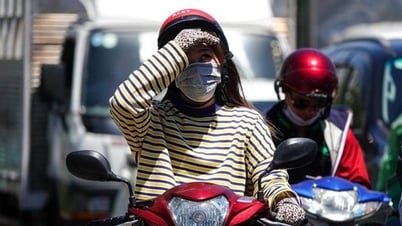


![[Photo] Nearly 104,000 candidates in Hanoi complete procedures to take the 10th grade entrance exam](https://vphoto.vietnam.vn/thumb/1200x675/vietnam/resource/IMAGE/2025/6/7/7dbf58fd77224eb583ea5c819ebf5a4e)






























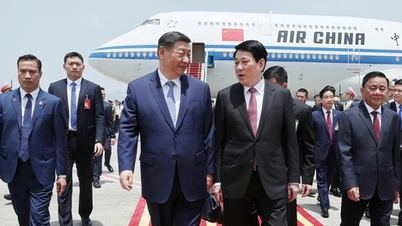
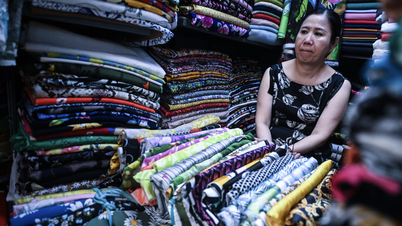


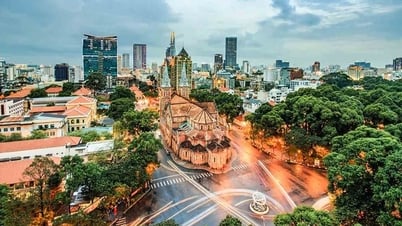







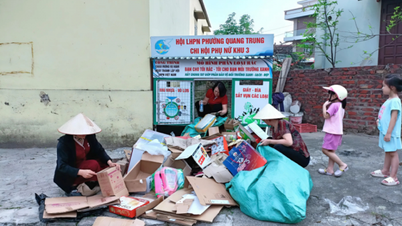

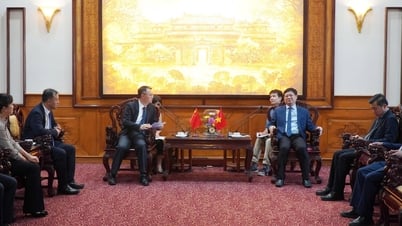





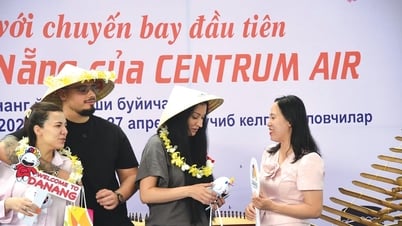
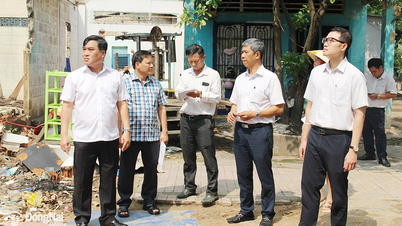








![[OCOP REVIEW] Tu Duyen Syrup - The essence of herbs from the mountains and forests of Nhu Thanh](https://vphoto.vietnam.vn/thumb/402x226/vietnam/resource/IMAGE/2025/6/5/58ca32fce4ec44039e444fbfae7e75ec)







Comment (0)